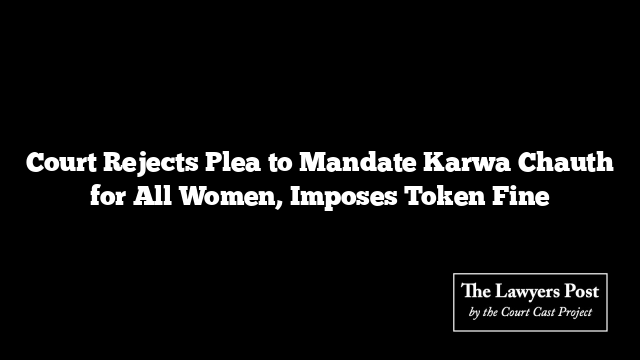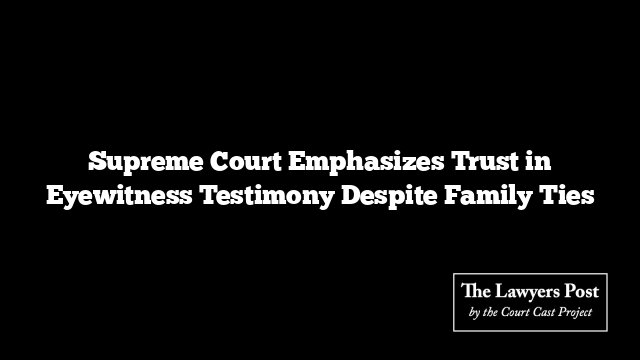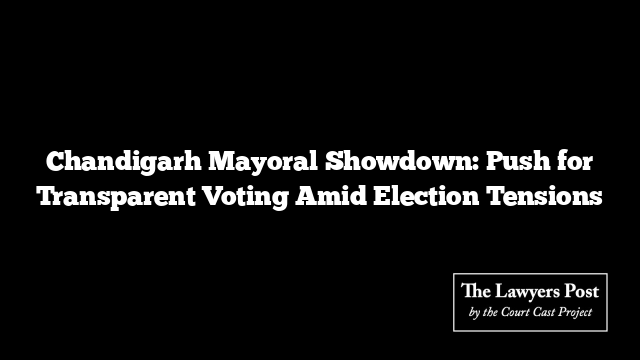In an unusual bid to legislate festival traditions, a public interest litigation (PIL) sought to make Karwa Chauth rituals mandatory for all women, regardless of their marital status. The Punjab and Haryana High Court dismissed the plea, emphasizing that such matters fall squarely under the legislature’s purview.
Presiding over the matter, Chief Justice Sheel Nagu and Justice Sumeet Goel declined to entertain the petition, adding a symbolic penalty of ₹1,000. The amount is to be deposited into the Poor Patient Welfare Fund of PGIMER, Chandigarh.
The petitioner, Narender Kumar Malhotra, argued for a sweeping law requiring all women—married, widowed, divorced, or in live-in relationships—to observe the fasting rituals of Karwa Chauth. He proposed the festival be rebranded as a universal celebration of good fortune, suggesting names like “Maa Gaura Utsav” or “Maa Parvati Utsav.”
The plea called for penalties against individuals or groups that might deny participation in the festival, framing the observance as a unifying cultural practice.
Unmoved by the arguments, the Court highlighted that such proposals are beyond judicial intervention. Following this, the petitioner requested permission to withdraw the plea, which the Court granted, alongside the cost imposed.
This decision underscores the judiciary’s role in respecting legislative boundaries while handling unconventional demands in the guise of public interest.





